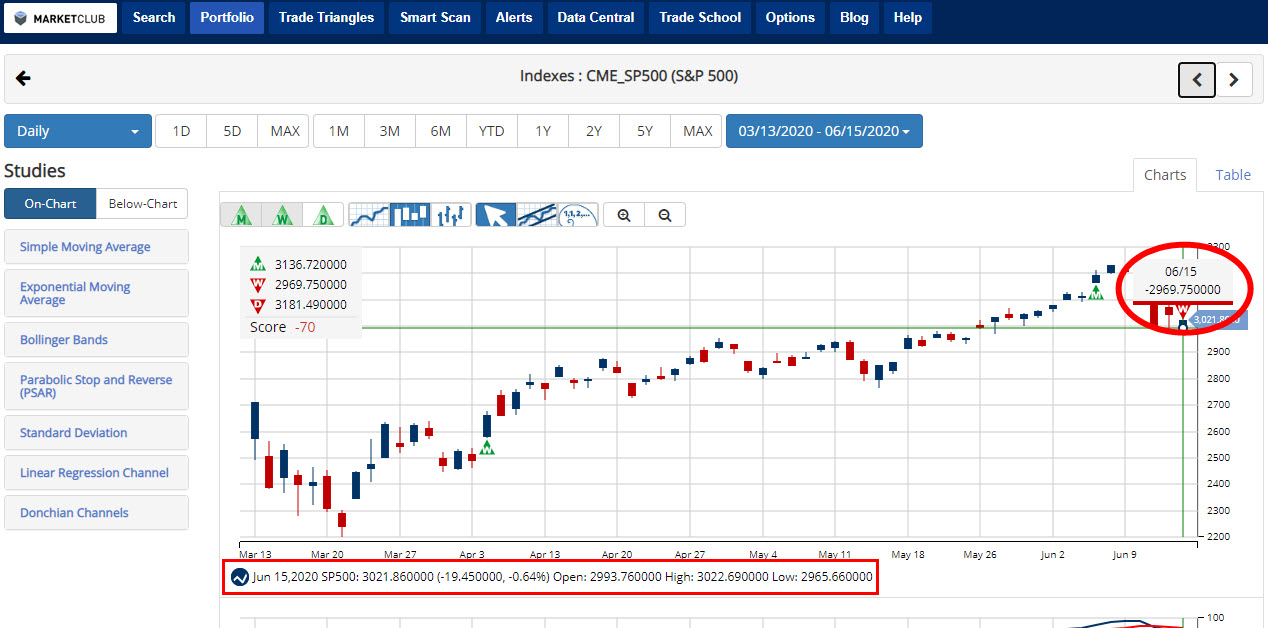You see, it’s not a Trump thing. It’s an ‘America is so hopelessly indebted (as are other developed economies) that they have no choice now’ thing.
However, the election shakes out – most likely Democrat president and congress, Republican senate – the stock market is cheering two things in my opinion. It is cheering US dollar compromising fiscal stimulus (Fed prints, politicians spend) and the coming of more US dollar compromising monetary policy (Fed prints, Fed monetizes bonds AKA debt, Fed screws with any other esoteric tool it can get its hands on in the age of MMT TMM, AKA Total Market Manipulation).
I have a still profitable position against the Euro that is about to tick un-profitable this morning. That was my hedge against a firming US dollar, which is the anti-market to the US stock market especially, but also to many global markets because I am long US and global stocks. I may have to pull back to hedging stocks (including gold stocks) with high cash levels. So says the ongoing inflationary operation.
I had projected an A-B-C bear market bounce in Uncle Buck, just to keep the macro honest and put a spook into market bulls. But it appears – due to the joy breaking out everywhere – that I will have been wrong about ‘C’. That’s what this breakdown below support (now short-term resistance) says, anyway.
We are going bananas not because Trump is/was just another politician when it comes to the modern American tradition of debt-leveraged inflation to disenfranchise the middle and poor and enrich the already spectacularly wealthy. We are going bananas because Continue reading "United States Still Going Bananas"


